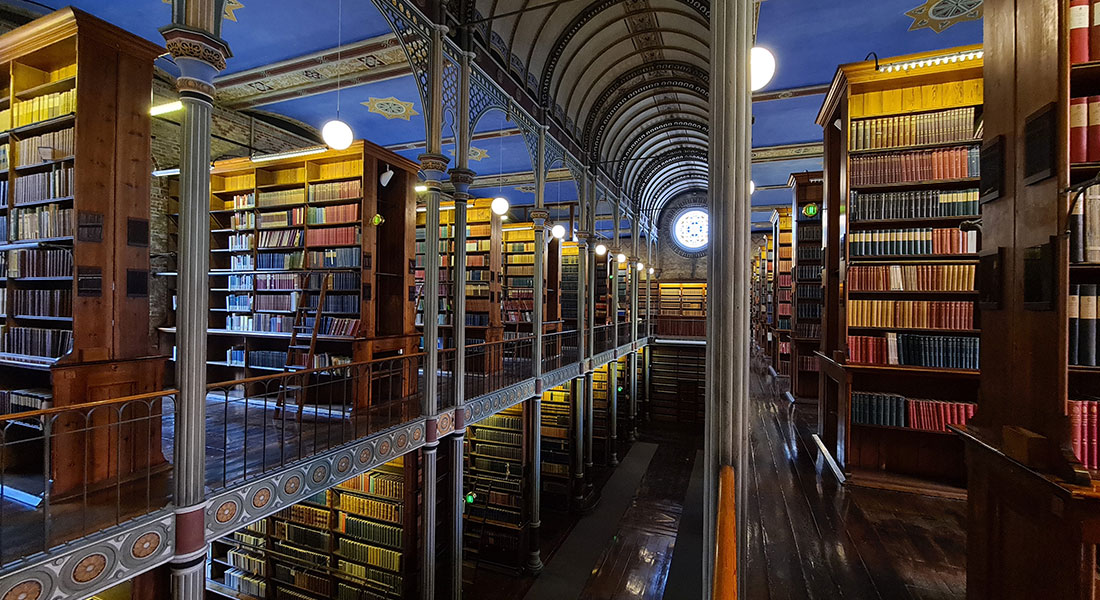We offer collaborative partnerships, individual consultations on digital tools and workflows, short-term secondments, and hands-on workshops and seminars. While we do not offer technical services or hosting, we are here to support research development and knowledge exchange.
See our FAQ for answers to more questions.




